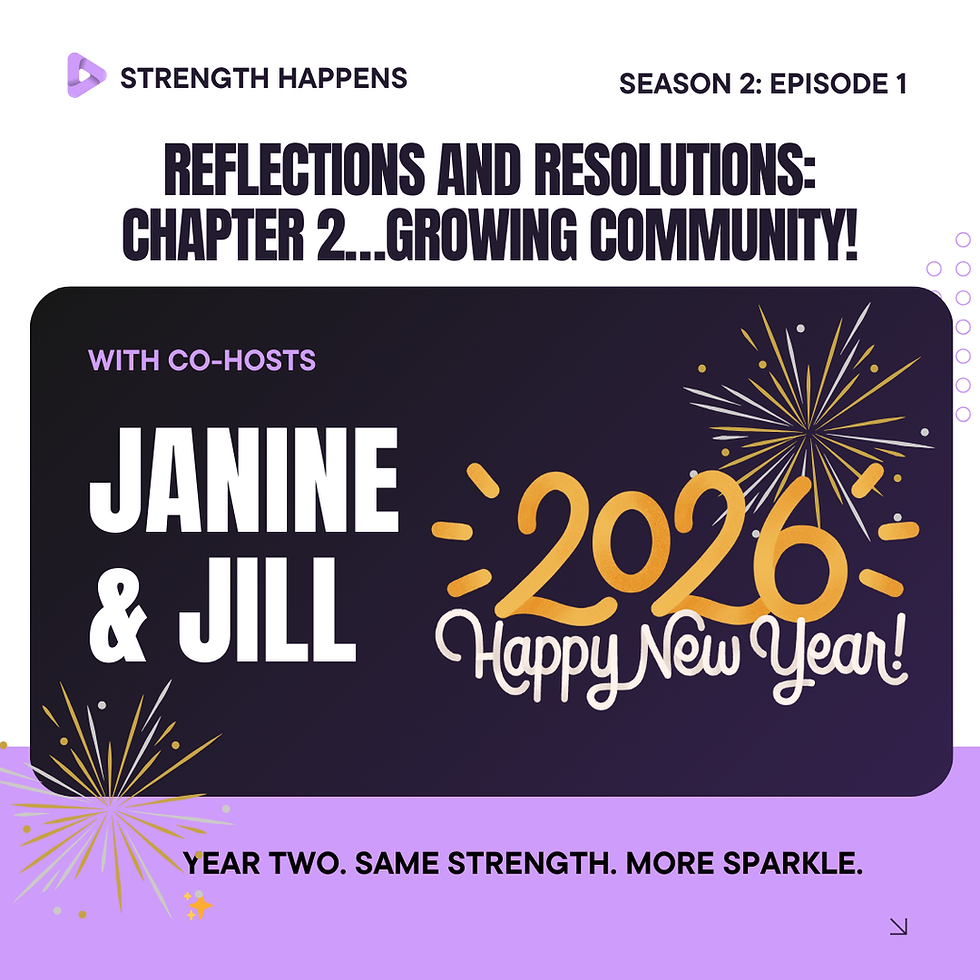Words Matter: Autism, Trump's Tylenol Claims, and the Harm of Misinformation
- Jillian Heilman
- Sep 26, 2025
- 3 min read

Words matter. As both a disability professional and the mother of three children with varying forms of neurodiversity, I’ve spent the past 25 years hearing comments made to or about individuals on the autism spectrum and other disabilities. Some are well-meaning, but many are ignorant, insensitive, and even cruel. Words can weaponize a power dynamic, they create stigma, reinforce pity, and can contribute to ongoing patterns of exclusion and inequity across healthcare, education, and community settings.
In both my professional and personal life, I’ve heard countless remarks that leave families speechless. A few that stand out:
From one parent to another: In a conversation between two moms, one said “I don’t understand why my tax dollars are paying for your child’s OT and speech at school.” The other replied, “Well then why are my tax dollars paying for a baseball field and park my child will never use?” Comments like these reveal a troubling lack of understanding about proven value of early intervention, and they reduce children to a cost rather than seeing them as full members of a community.
From a “friend” to a parent: “What did you do during pregnancy that caused that? Are you going to have more children? That would scare me.” These string of questions places blame on the parent, treats the disability as something frightening, and reinforces negative stigmas associated with this diagnosis, rather than offering understanding or support.
Stranger to a parent with a child with Autism: “Oh they have Autism…have you tried this vitamin?” Comments like this imply that autism is a condition that can or should be “cured,” ignoring the reality of the child’s neurodiversity and the family’s lived experience. This can make parents feel judged and/or pressured to seek unproven interventions rather than offering acceptance.
From a healthcare provider: When my own daughter Halle was 12 and hospitalized with complications from a rare medical condition, a neurologist walked in, glanced at her chart, read all her diagnoses, and spoke only to me – never acknowledging her. With an air of pity, he asked, “So tell me, what ‘special classes are your daughter in?” Halle, sitting up in bed, shot back, “Do you mean Advanced English or French 1, or are you just asking my mom if I’m dumb?” That moment underscored the harm when professionals reduce children to a diagnosis instead of seeing them as individuals with strengths, talents, and dignity.
We’ve seen how damaging language can be, not just in personal conversations or medical evaluations, but also on a national stage. Recently, President Trump used a press conference to claim a mother’s use of Tylenol during pregnancy causes autism. These claims where quickly denounced by medical professionals around the world. When this misinformation comes from the President of the United States, it is dangerous! His words amplify stigma, places unfair blame on mother’s choices during pregnancy, fuels guilt in families, and distracts what families truly need: inclusion, support, and evidence-based research. Trump’s words mirror what parents already hear on a daily basis, only magnified.
Words Matter. The language we use stays with a child and their family long after it’s spoken. As professionals, we have a responsibility to choose our words wisely, treat patients as individuals rather than diagnoses, and always uphold dignity and respect. Autism is a spectrum and every child deserves to be seen for who they are, not limited by assumptions and/or stereotypes. As parents, we choose to embrace our children as they are, honoring their individuality and strengths and supporting them on their own unique journey.
Jillian Heilman, PhD, CRC is a Certified Rehabilitation Counselor and Director of Student Accessibility Services, and mom to three children with disabilities. She co-hosts the podcast Strength Happens, where she shares honest conversations about caregiving, resilience, and hope for families with children with disabilities.







Comments